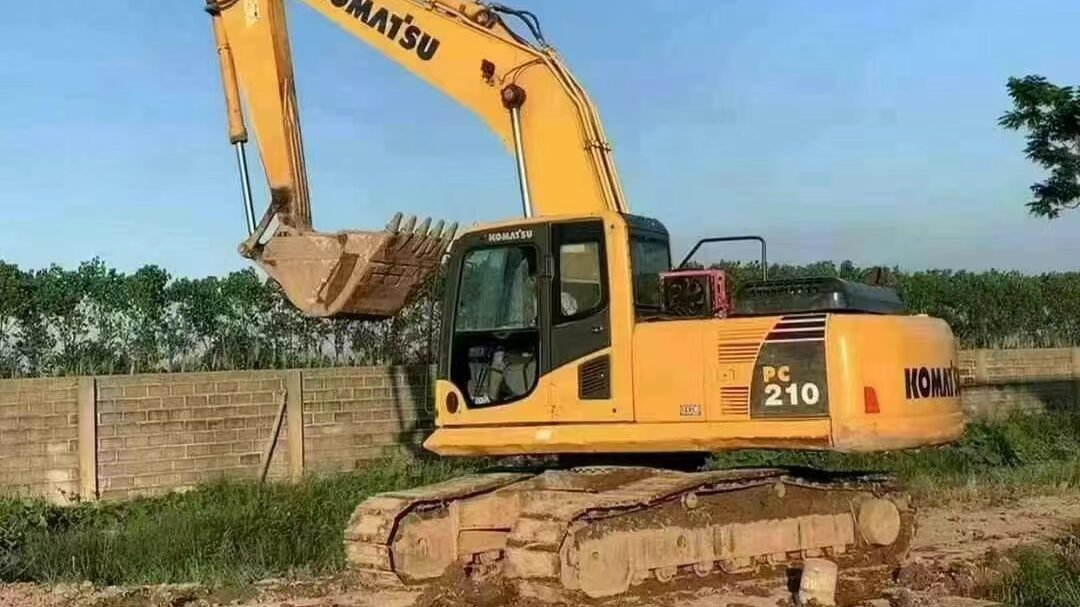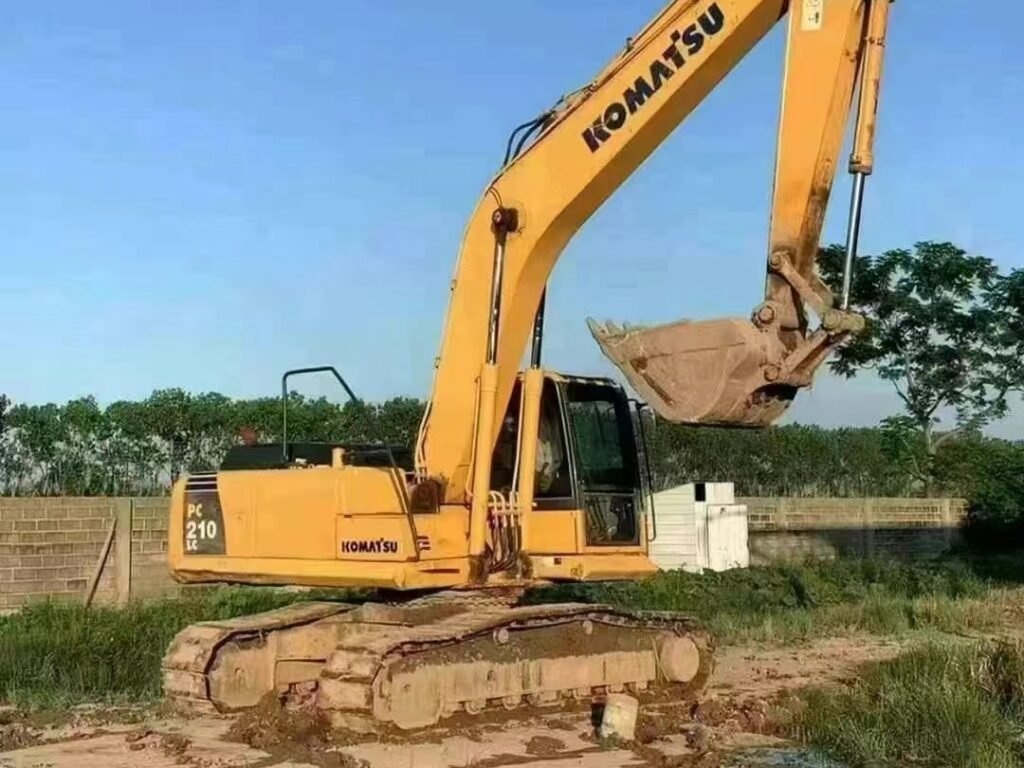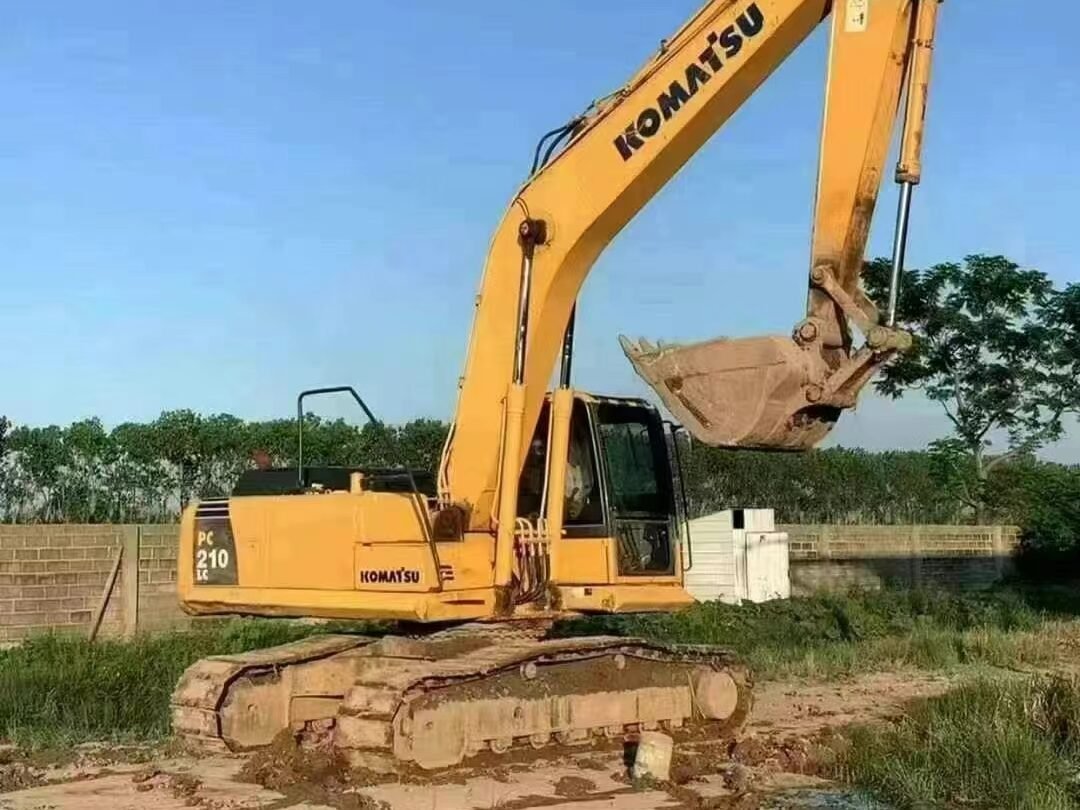I. Introduction
- Background
- With the acceleration of global infrastructure development, the demand for used excavators in the international market is steadily increasing. These machines are favored by many businesses, especially in developing countries, due to their high cost-effectiveness. Successful exports rely not only on the quality of the equipment itself but also on efficient and reliable international logistics support to ensure that the equipment is delivered safely and on time.
- Purpose
- This article aims to provide guidance for businesses on choosing the right international logistics solutions when exporting used excavators. By analyzing key factors in logistics selection and presenting real-world case studies, companies will be better equipped to make informed decisions, improving export efficiency and customer satisfaction.
II. Importance of International Logistics
- Efficiency and Cost
- The efficiency of international logistics directly affects transportation costs and delivery times. Choosing the right logistics solution can help businesses control costs while ensuring timely delivery, meeting customer demands. Efficient logistics also reduce inventory costs and improve cash flow.
- Safety
- Used excavators are typically large and prone to damage, making it crucial to ensure their safety during transportation. Selecting a reputable logistics company can provide professional packing and shipping services, minimizing the risk of damage and ensuring that customers receive equipment in perfect condition.
- Customer Satisfaction
- Timely and accurate deliveries enhance customer satisfaction, which is essential for establishing long-term business relationships. Good logistics services foster customer trust in the company, promoting future business opportunities.
III. Key Factors in Choosing International Logistics
- Transportation Methods
- Different transportation methods have unique advantages and disadvantages:
- Sea Freight: Suitable for bulk shipments, relatively low cost, but longer transit times, ideal for non-urgent orders.
- Air Freight: Fast transit times, suitable for urgent orders, but higher costs and more transport restrictions.
- Land Transport: Ideal for neighboring countries, offering high flexibility, but subject to ground conditions and traffic issues.
- Different transportation methods have unique advantages and disadvantages:
- Logistics Company Qualifications
- Selecting a reputable logistics company is crucial. Companies should investigate the logistics provider’s industry experience, customer reviews, and successful case studies. Understanding their expertise in handling large equipment transport can effectively prevent potential transportation issues.
- Transportation Costs
- When choosing logistics solutions, companies should compare costs and efficiencies of different options. Considering the transportation budget, they should evaluate quotes and services provided by logistics companies to select the most cost-effective option.
- Equipment Characteristics
- Businesses need to choose the appropriate transportation method based on the size, weight, and fragility of used excavators. For example, heavier equipment may require specialized transport, while delicate components need additional protective measures.

IV. Logistics Services and Support
- Loading and Unloading Services
- Understanding the loading and unloading services offered by logistics companies is essential for ensuring the safe handling of equipment. Choosing logistics companies that provide professional loading and unloading services helps reduce risks during these processes.
- Customs Clearance Services
- It is vital to ensure that the logistics company has effective customs clearance capabilities to quickly handle documentation, reducing costs associated with customs delays. Familiarity with the customs policies and regulations of the destination country ensures that all documents are complete, avoiding unnecessary complications.
- Tracking and Communication
- Providing real-time cargo tracking services enhances customer trust. Good communication channels allow timely updates on transportation progress and address any issues that may arise during transit, improving customer experience.
V. Case Study Analysis
- Successful Cases
- Analyzing successful cases of exporting used excavators can provide insights into logistics decisions and the lessons learned. These success stories offer valuable references for other businesses.
- Failure Cases
- Discussing failure cases due to poor logistics choices highlights the importance of making informed decisions. For instance, delays or losses caused by inadequate customs procedures emphasize the necessity of choosing the right logistics partners.
VI. Conclusion
- Summary
- Selecting the appropriate international logistics is crucial for exporting used excavators. Businesses need to consider multiple factors, including transportation methods, logistics company qualifications, transportation costs, and equipment characteristics, to ensure a smooth and efficient export process.
- Future Outlook
- As global trade evolves, the logistics industry will continue to innovate. Companies should pay attention to new trends in logistics, such as digital transformation and green logistics, to optimize their logistics strategies and adapt to changing market demands, ultimately achieving greater business growth.



